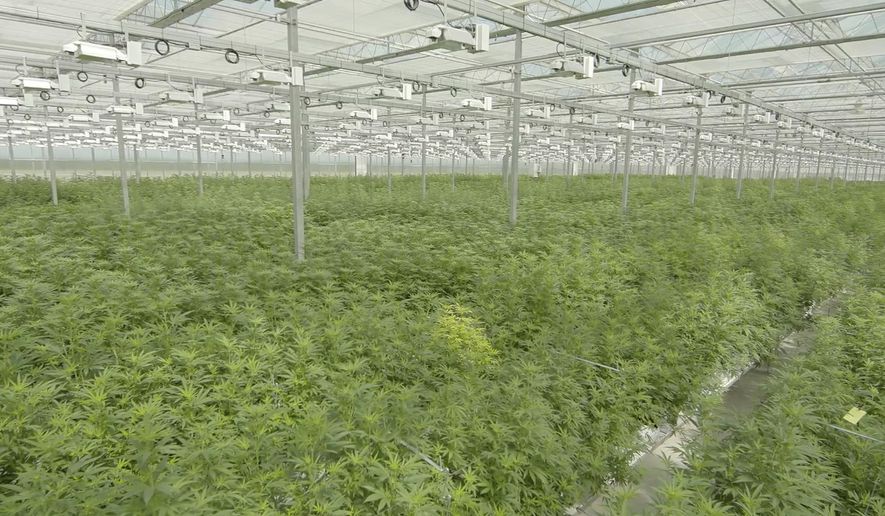Canadian marijuana company Tilray capped off a whirlwind week on Wall Street by seeing its stock price tumble 30 percent on Friday following a recent surge spurred by inking a deal with the U.S. Drug Enforcement Administration.
Shares of Tilray sold for $123 on NASDAQ when markets closed for the weekend, nearly 48 hours after reaching a record high of $300 during Wednesday afternoon trading.
Hardly two months since pricing its stock at $17 per share during its initial public offering, Tilray’s most tumultuous week yet on Wall Street still culminated in the company boasting a market cap of roughly $12.34 billion, shining a spotlight on Canada’s legalized cannabis industry on the heels of gaining a customer in the DEA.
Tilray shares were valued at $117 as of Monday morning, and the company posted gains of 10 percent, 29 percent and 38 percent on Tuesday, Wednesday and Thursday, respectively, prior to Friday.
Announced on Tuesday, the deal between Tilray and the DEA will involve the British Columbia-based company importing capsules containing CBD and THC, marijuana’s main active compounds, to be used in a government study on their effectiveness treating tremors.
Marijuana is illegal in the U.S. under federal law, imposing restrictions on both growers and scientists wishing to participate in government-approved studies on the plant.
Only one facility in the entire country is currently licensed to grow pot for the government — the University of Mississippi — but legislation pending in the House would triple that number and pave the way to eventually permitting additional harvesters.
Rep. Matt Gaetz, Florida Republican and the legislation’s author, earlier this week described the DEA’s deal with a foreign company as “unbelievable.”
“What happened to ’buy American, hire American’?” Mr. Gaetz tweeted Wednesday.
Thirty-one states have passed laws permitting medical marijuana, including Florida, and nine have legalized the plant for recreational purposes.
Canada is only the second country after Uruguay to legalize marijuana, and the Canadian government will allow licensed dispensaries to sell retail weed to customers starting Oct. 17.
“There’s a clear global growth opportunity when it comes to medical cannabis,” Tilray chief executive Brendan Kennedy told CNBC’s Jim Cramer earlier this week. “With Canada, we’e about to see 100 percent growth: one country, Uruguay, to two countries, Canada. What intrigues me is country three, four, five, and six.”
“I think you’ll see the third country within 12 months of October, and that’s where the real opportunity is. It’s not about Canada, it’s about all the countries that follow.”
• Andrew Blake can be reached at ablake@washingtontimes.com.




Please read our comment policy before commenting.